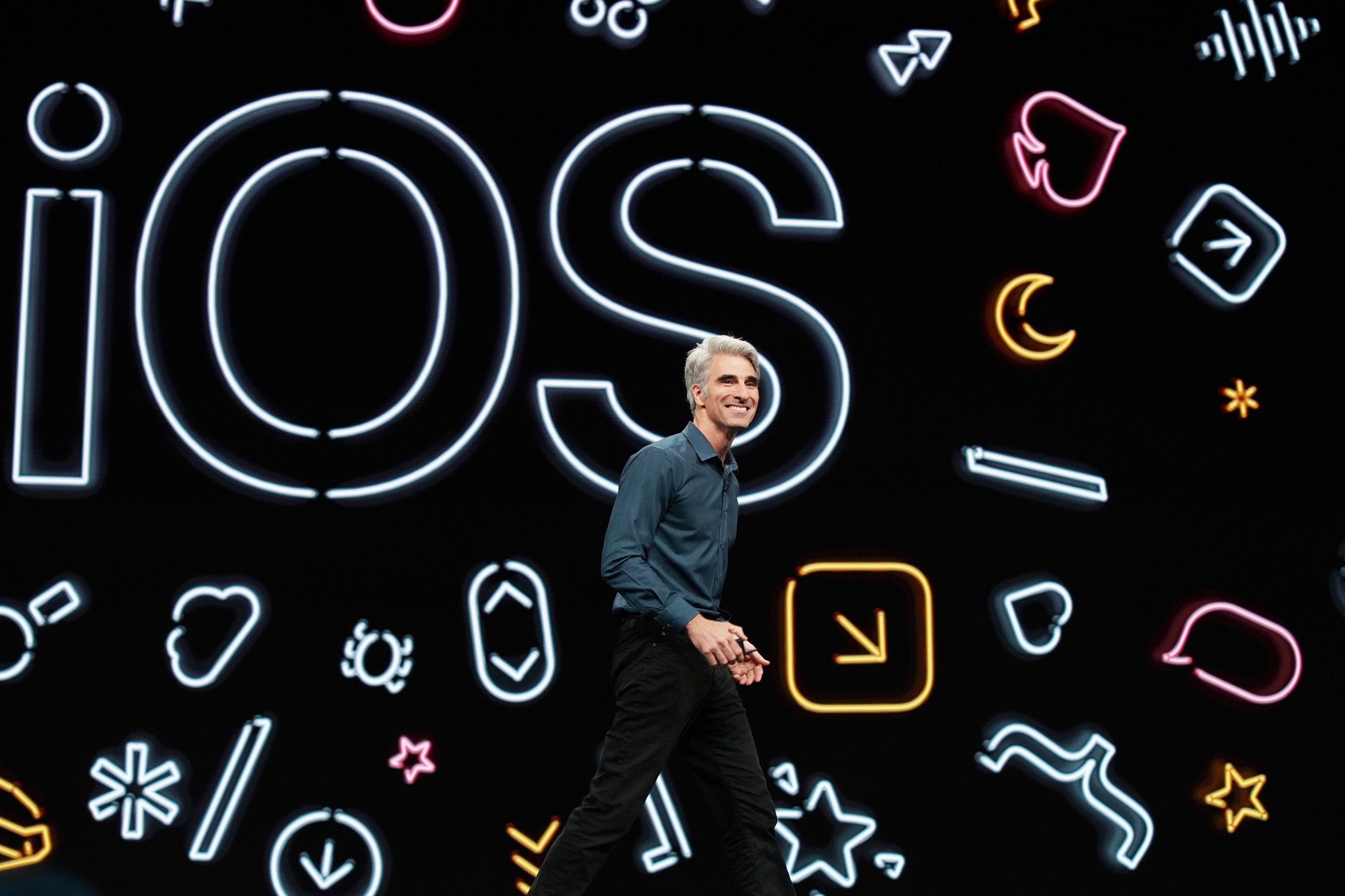Apple plans software shakeup to avoid a repeat of the iOS 13 debacle

iMore offers spot-on advice and guidance from our team of experts, with decades of Apple device experience to lean on. Learn more with iMore!
You are now subscribed
Your newsletter sign-up was successful
What you need to know
- A report suggests Apple plans to change the way it develops internal builds of iOS.
- The change has been made in the wake of the iOS 13, which was riddled with bugs.
- The report also reveals that developers apparently gave up on iOS 13.0, and treated iOS 13.1 as "the actual public release."
A report from Bloomberg has revealed that Apple plans to overhaul the way it tests software, in the wake of an iOS 13 release plagued by bugs and stability issues.
According to the report, people familiar with the matter claim that Craig Federighi announced the changes at a recent internal 'kickoff' meeting with the company's software developers.
The new system will reportedly revolve around development teams ensuring that test versions of iOS future updates (known as "daily builds") automatically disable unfinished or buggy features. Testers will then be able to selectively enable those features via a new internal process named Flags, a settings menu that allows them to isolate each bug and its impact on the functionality of the software.
As Bloomberg notes:
The new development process will help early internal iOS version to be more usable, or "livable", in Apple parlance. Prior to iOS 14's development, some teams would add features every day that weren't fully tested, while other teams would contribute changes weekly. "Daily builds were like a recipe with lots of cooks adding ingredients", a person with knowledge of the process said.
Apparently, the test software got "so crammed with changes" at different stages of readiness that devices became difficult to use. This meant some testers would go days without a livable build, and wouldn't know what was and wasn't working. Not being able to test how the operating system was reacting to many new features is what lead to iOS 13's problems. In fact, according to the report, iOS 13.0 was so buggy, that developers essentially abandoned it to work on fixing iOS 13.1, Apple expected only die-hard Apple fans would take the plunge and risk uploading to iOS 13.0.
Apple plans to apply this new approach to iOS, as well as iPadOS, watchOS, macOS and tvOS also. There is also reference to iOS 14, codenamed "Azul". Bloomberg reports that this is set to debut next year. Some planned features may be delayed until 2021 and Azul+1, more likely iOS 15. Regardless, people familiar with the plans claimed that iOS 14 would rival iOS 13 "in the breadth of its new capabilities." Hopefully, it will not rival iOS 13 for 'number of bugs likely to render mobile software unusable'.
For some of our own thoughts on iOS 13, check out Rene Ritchie's breakdown of why iOS 13 didn't meet expectations, and ideas on how else Apple could remedy the problem.
iMore offers spot-on advice and guidance from our team of experts, with decades of Apple device experience to lean on. Learn more with iMore!

Stephen Warwick has written about Apple for five years at iMore and previously elsewhere. He covers all of iMore's latest breaking news regarding all of Apple's products and services, both hardware and software. Stephen has interviewed industry experts in a range of fields including finance, litigation, security, and more. He also specializes in curating and reviewing audio hardware and has experience beyond journalism in sound engineering, production, and design.
Before becoming a writer Stephen studied Ancient History at University and also worked at Apple for more than two years. Stephen is also a host on the iMore show, a weekly podcast recorded live that discusses the latest in breaking Apple news, as well as featuring fun trivia about all things Apple. Follow him on Twitter @stephenwarwick9
